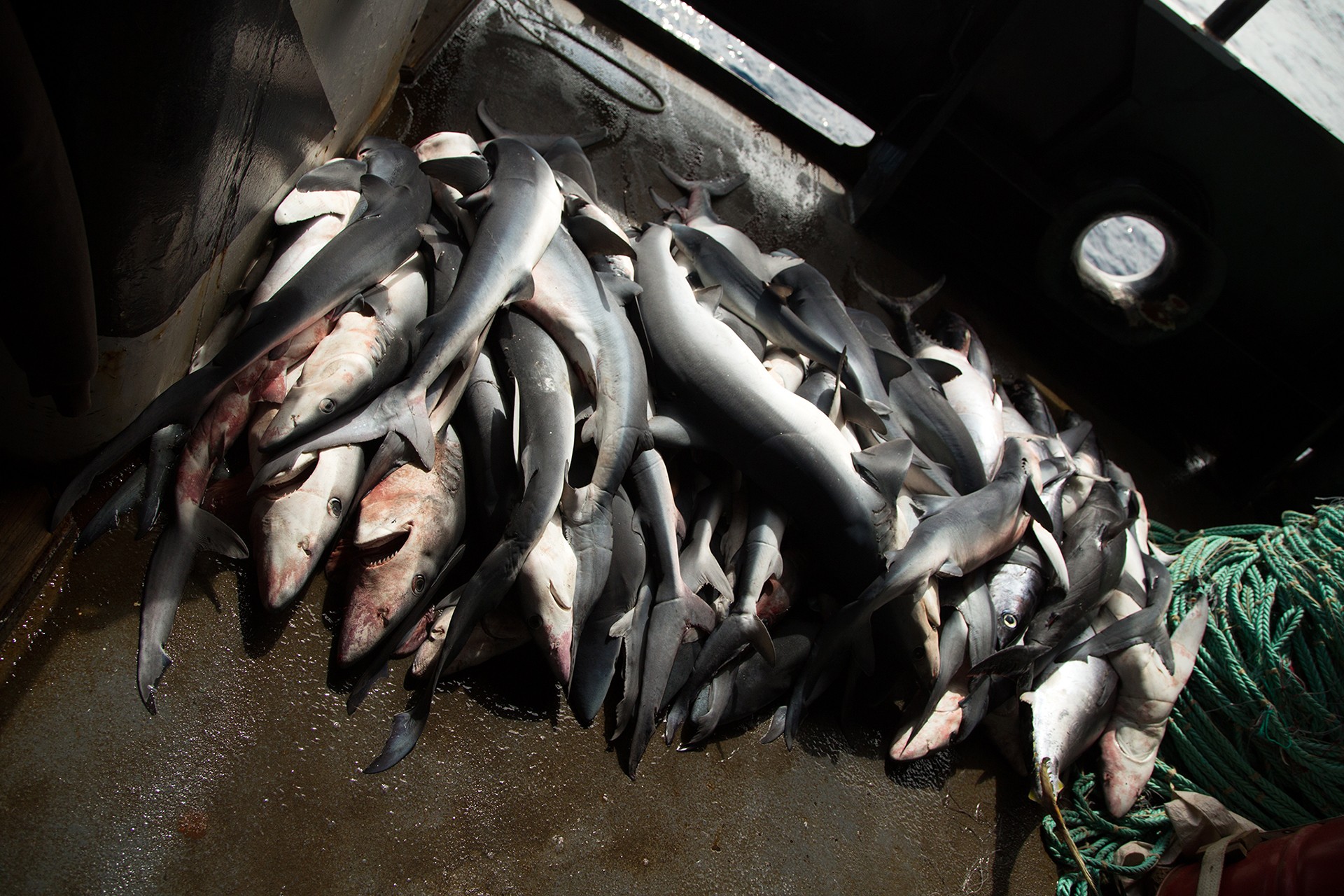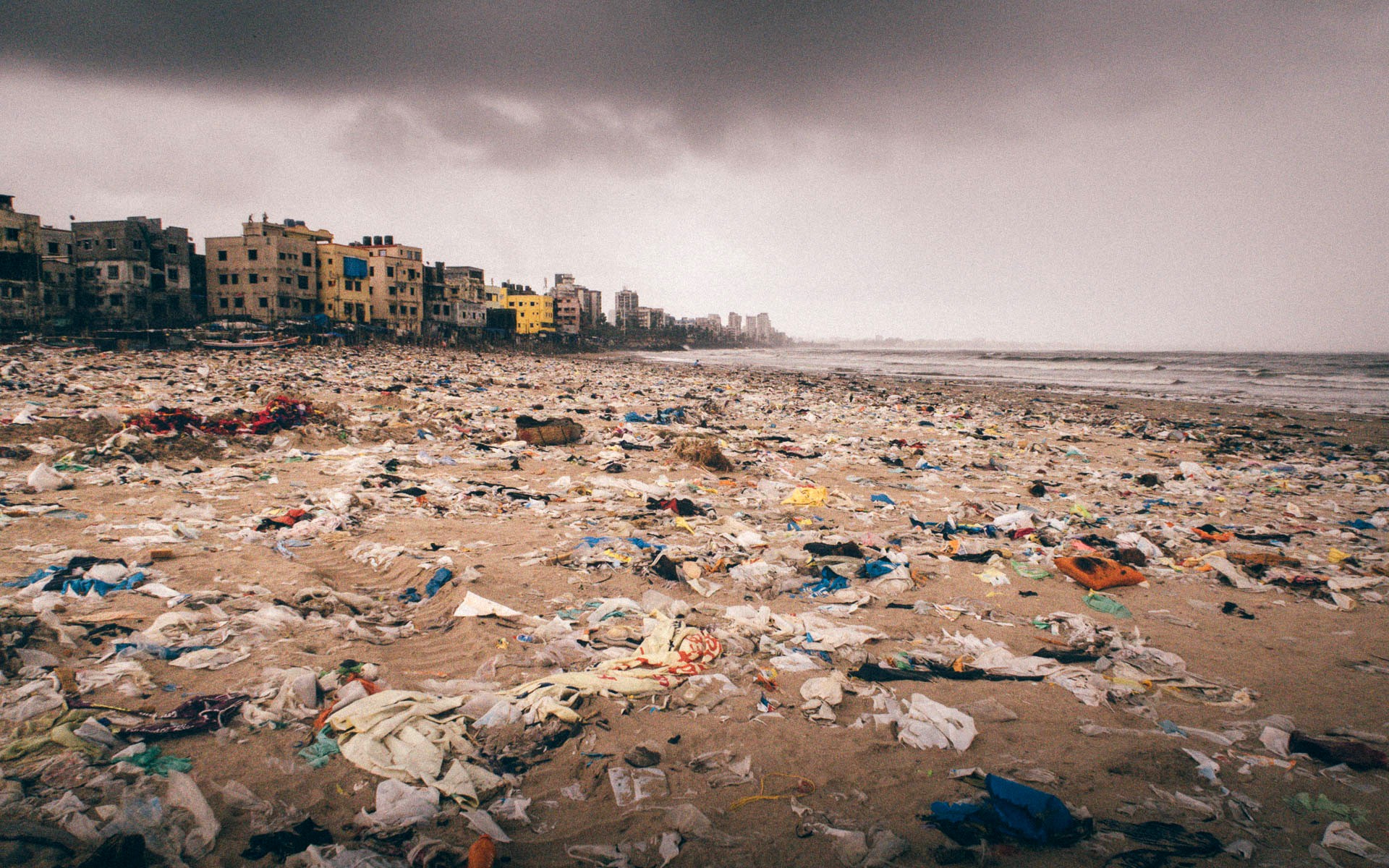Before we go any further into understanding why we should protect our oceans, I want all of you to close your eyes and take two deep breaths.
One of these breaths comes from the green lungs of this planet — the forests and all the wildlife that lives within them. The other comes from the blue lungs — the oceans and the life underwater. To me, the marine world brings to mind the amazing variety of life that calls water its home: from the phytoplankton, the building blocks of life, to the blue whale, the biggest animal that has ever lived — bigger even than the mighty, now extinct, dinosaurs. From the enormous 6-meter-long Great White Sharks to the nail-sized Pygmy Seahorses and from the deep-dwelling Antarctic Toothfish to the colourful explosion of tropical reef fish, our oceans are rich in life, with a diversity that far outstrips everything we have on land.
But did you know that the health of our oceans is in decline? It is estimated that over the last 60 years, fishing activities have severely affected fish populations. Today, close to 100,000,000,000kg of fish is taken from the oceans every single year. Big number, isn’t it? This number is too big to sustain and the trend in fish populations in the UNFAO (Food and Agriculture Organisation of the United Nations) report is worrisome.
In addition to that, plastic has been entering the oceans steadily since it became evident that it is impossible to dispose of on land. With the rise in consumer-driven markets and plastic packaging, these semi-broken down, non-biodegradable pieces are now floating in garbage gyres in the Pacific, Atlantic and Indian Oceans.
When you litter, you have no control where it will end up. This video shows how a small piece of plastic finds its way into an animal’s stomach. So the next time you see someone throw garbage on the street, remember it’s going to harm animals across the world.
The saddest aspect of this pollution is that the plastic will remain in the oceans long after all of us have gone, leaving behind a planet filled with trash. Coastal development projects like ports, roads and real estate have devastating impacts on the marine life that inhabits our shores.
Lastly, and perhaps the most worrying, is the rise in CO2 concentration (because of the burning of fossil fuels) that is altering the chemistry of the oceans. The increasingly acidic ocean is warming and dissolving coral reefs, which sustain the livelihoods of over one billion people worldwide and countless other marine creatures.
Just like our heart races with excitement and calms when asleep, the water on this planet surges when the moon is full and retreats when the planet is at its apogee to the sun. The beat of our heart is intimately linked to the tides of the oceans. Can we take care of our oceans so that they can take care of us?
Guest Editor Diaries: Of Sharks And Tuskers - Eight-year-old Guest Editor Vivaan Anand assigns stories to the NiF team.
Two Fins Up - Bijal Vachharajani gives us a booklist to read up on sharks.
When I Met A Wild Tusker - Eight-year-old Guest Editor Vivaan Anand tells us about his Corbett adventure.
The Sharks In Our Oceans - Umeed Mistry on his diving adventures with these beautiful creatures.
Check out more stories on our Young Tusks page.



